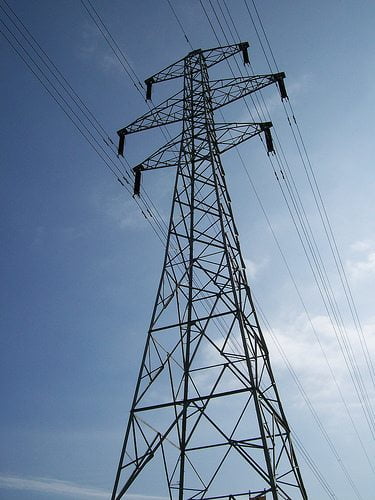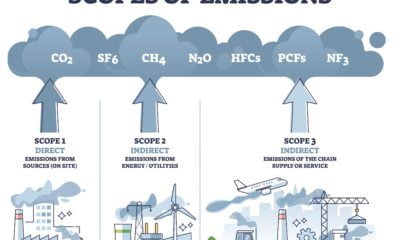

Energy
Use smart technology to cut energy demand and emissions, say MPs
MPs have criticised the government’s ‘capacity market’ and have instead urged the use of smart technology to cut greenhouse gas emissions and energy demand.
The capacity markets aims to prevent blackouts and pays a regular payment to reliable forms of energy, in return for generating capacity when the system is tight. Environmental groups have previously argued that the initiative could risk pushing up household bills and holding up progress towards a decarbonised power sector by giving money to coal power plants.
In a report the energy and climate change committee have argued that the capacity market could result in higher costs and emissions because its design “has been skewed in favour of fossil fuel generating capacity” rather than technology.
MP Tim Yeo, chair of the committee, said, “Every consumer in the country is currently subsiding spare electricity generating capacity that may only be used for a few hours every year.
“But smart technology has now made it possible to reduce unnecessary electricity demand at peak times, thereby reducing the number of polluting power stations that need to be switched on. This means we can reduce the total electricity generating capacity that has to be maintained in the future, brining down costs for consumers while enabling us to reduce consumption of fossil fuels.”
Yeo continued that demand side response technology has been “disadvantaged” under the capacity market, meaning that costs and emissions could be higher than necessary. Furthermore, he adds that only a fraction of the £1 billion that will be spent on the capacity market will provide new capacity and just 0.4% will go on demand-side response, instead the majority will go to existing fossil fuel power stations.
In order to address the issues raised, the energy and climate change committee states that the government should consider increasing the contract length of demand-side response providers to create a level playing field.
MPs also argue that there needs to be greater clarity of future funding for energy from consumer bills in order to offer investors certainty. The levy control framework, the mechanism that caps the amount bill payers will pay for low-carbon energy investment, has already seen a large potion allocated until 2021, the report adds.
The committee argues that this means early contract have gone to “very expensive off-shore wind farms” when renewable projects that are better value for money may be available in later years but unable to obtain a contact.
Photo: Lydia via Flickr
Further reading:
Public believes wind subsides are 14 time higher than they are
UK government spent 300 times more on fossil fuel than clean tech
Clean energy tech receives €2bn boost from European Investment Bank































